Tel: 0086769-23187408
Email: [email protected]
Tel: 0086769-23187408
Email: [email protected]
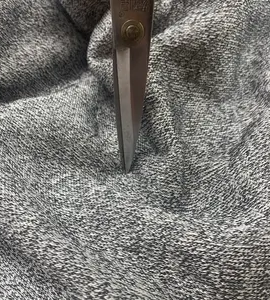
Anti-saw fabric is engineered to be easy to move and hard-wearing, and its lightweight properties and breathability help reduce fatigue during extended use, making it ideal for those who need both protection and mobility.
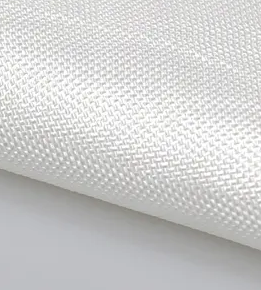
What sets NIZE apart is our dedication to innovation in textile protection. Our anti-saw fabric incorporates advanced weaving techniques and reinforcement fibers, ensuring strength and flexibility. It is well-suited for companies producing tactical or occupational protective products.
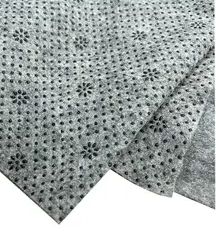
At NIZE, we understand the importance of consistent quality in protective textiles. Our anti-saw fabric undergoes rigorous inspection to meet critical safety standards. We serve a broad spectrum of industrial clients who value durability, function, and delivery assurance in every order.

NIZE offers tailor-made anti-saw fabric based on your specifications. From textile structure to thickness and coatings, we provide flexible options that match product development requirements. Our experienced R&D and production teams ensure both performance and scalability.
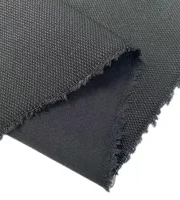
Anti-saw fabric from NIZE is used in various protective goods such as clothing, sleeves, and industrial covers. Its structural integrity helps manufacturers design products that meet safety regulations. Bulk orders and customized patterns are supported to align with market needs.
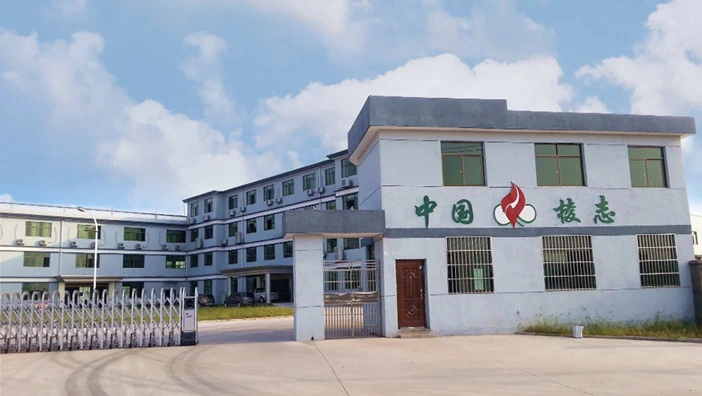
Nize New Materials is one of the world's leading material suppliers. We have more than 20 years of experience in this field and serve customers around the world. We also have world-class production equipment and an annual production capacity of 5 meters of ionic sulfate.
We focus on the research of the anti-piercing shoe midsole, interrupting the monopoly position of the anti-piercing cloth midsole inforeian countries. and producing the anti-piercing cloth midsole of our own branc, filing the domestic gap
The factory covers an area of 83.5 mu and has more than 22.500 sauare meters of production plant, 3,000 square meters of research anddevelopment center, 3,000 sauare meters of office space and more than 500 sets of advanced production and inspection equipment
We have excellent products and a professional sales and technical team that can provide satisfactory solutions according to your needs. If you are interested in our products, we look forward to your online message or call for consultation!
Our products cover a variety of functional materials, whether they are waterproof materials, wear-resistant materials, flame-retardant materials or thermal insulation materials, which can meet the needs of different industries and applications.
Anti-saw fabric is a specially designed textile that provides protection against sawing and cutting hazards and resists penetration by saw blades and cutting tools, reducing the risk of injury in high-risk environments.
Anti-saw fabric uses tightly woven fibers and reinforcements to create a strong barrier. This barrier impedes the advancement of saw blades and cutting tools, preventing them from penetrating fabric and reducing the potential for serious injury.
Anti-saw fabrics can be used in a range of industries where sawing and cutting hazards need to be protected. It is commonly used in industrial settings, construction sites, law enforcement and military applications, and in personal protective equipment (PPE) manufacturing.
The main advantage of anti-saw fabric is its ability to provide reliable protection against sawing and cutting hazards. It reduces the risk of injury and ensures a safer working environment. Additionally, anti-saw fabric is durable, lightweight and breathable, providing comfort and freedom of movement to the wearer.
The performance of anti-saw fabrics is typically evaluated through standardized testing methods. These tests include subjecting the fabric to saw blades, cutting tools or simulated cutting forces to assess its resistance and protective capabilities.
